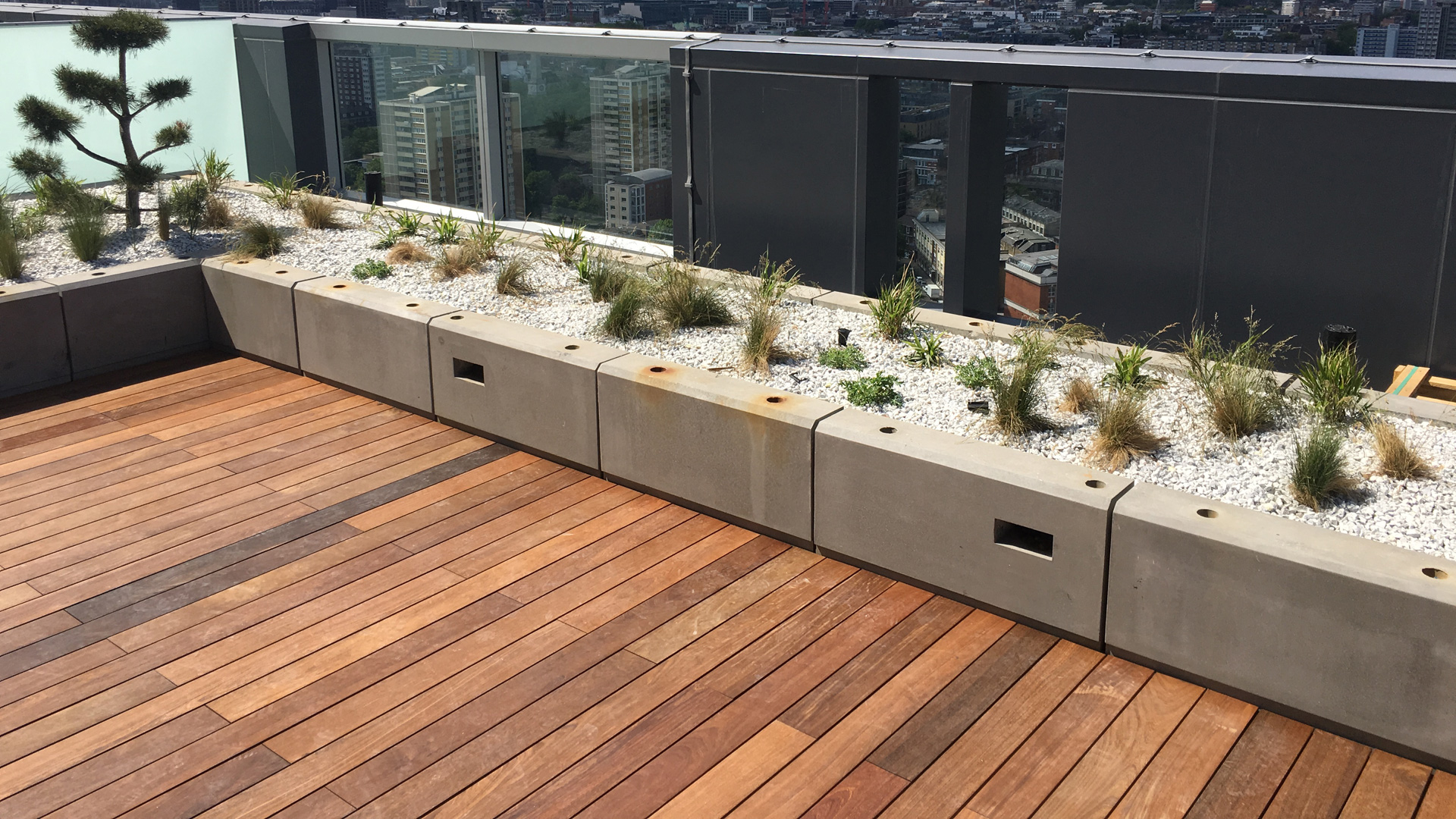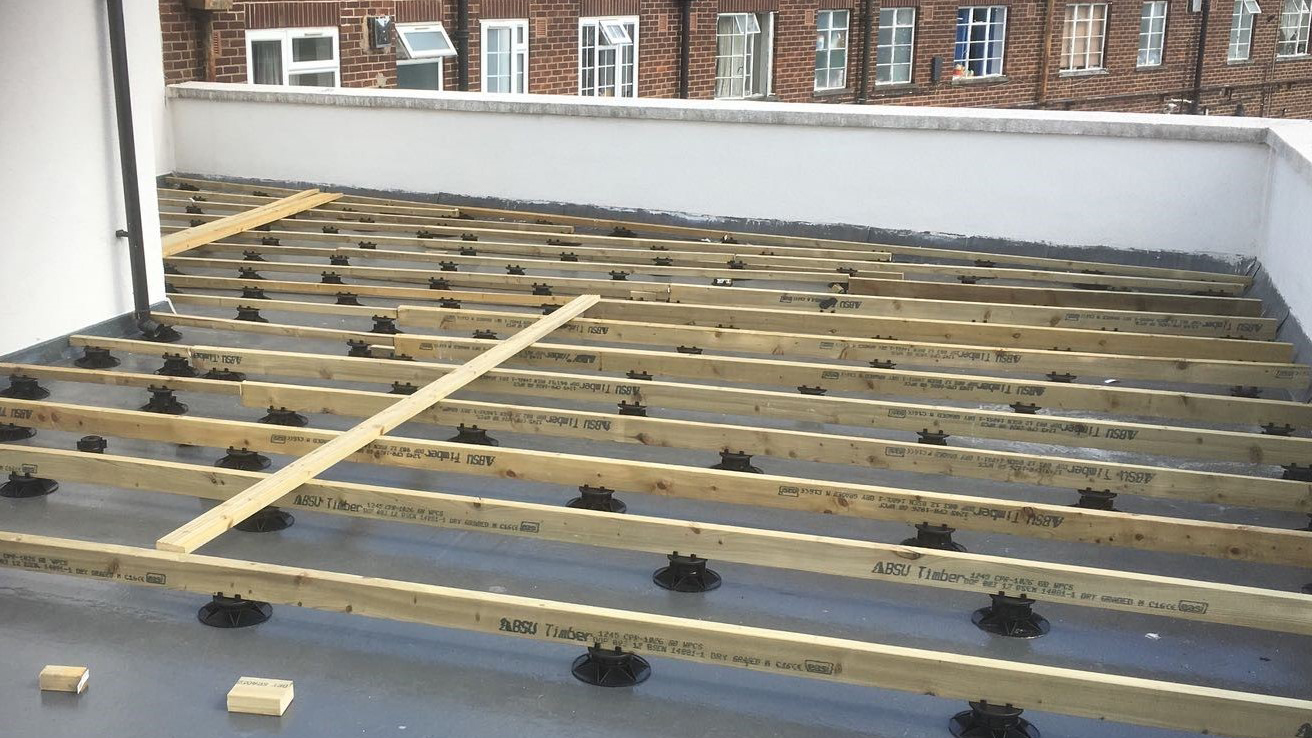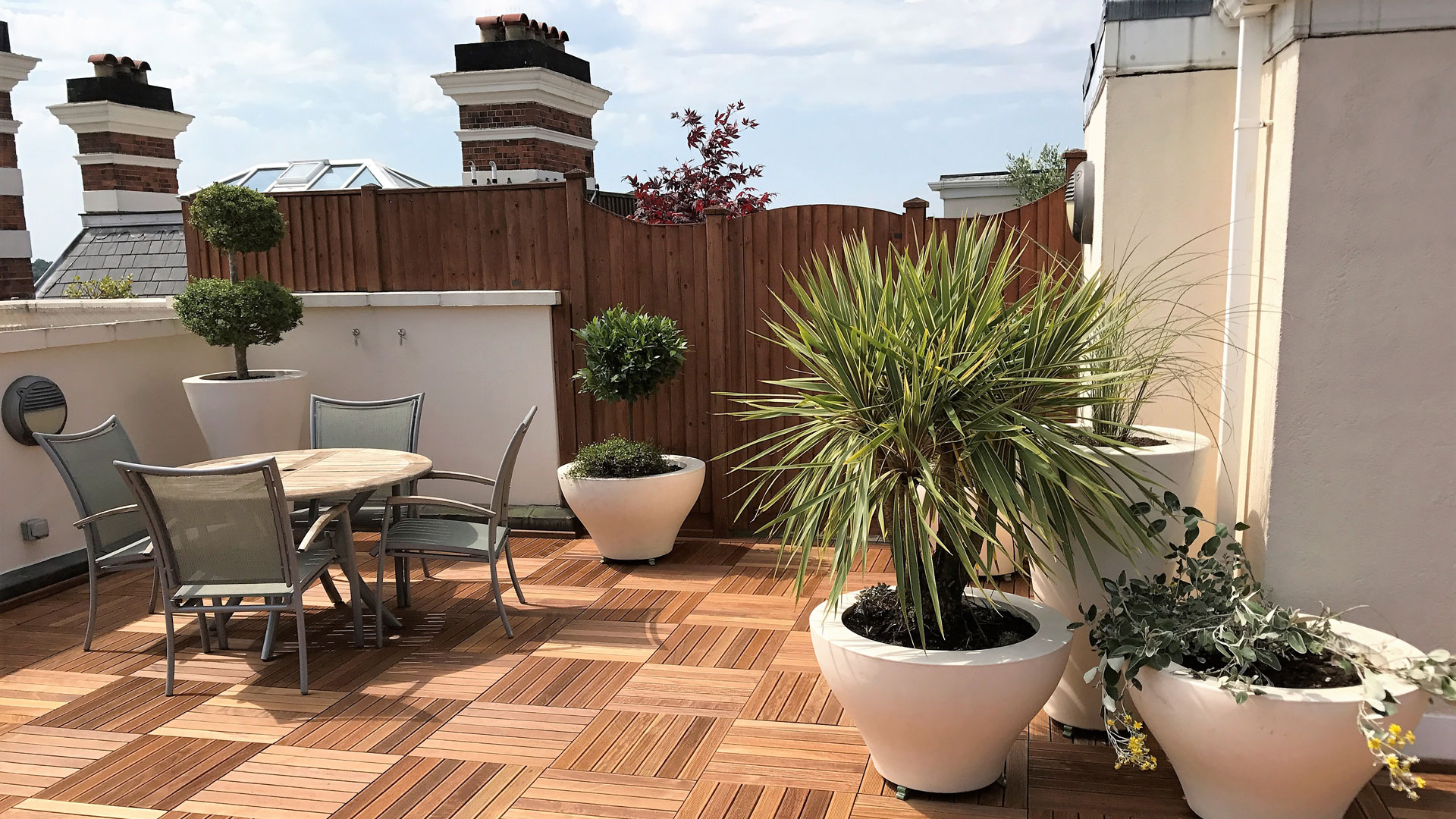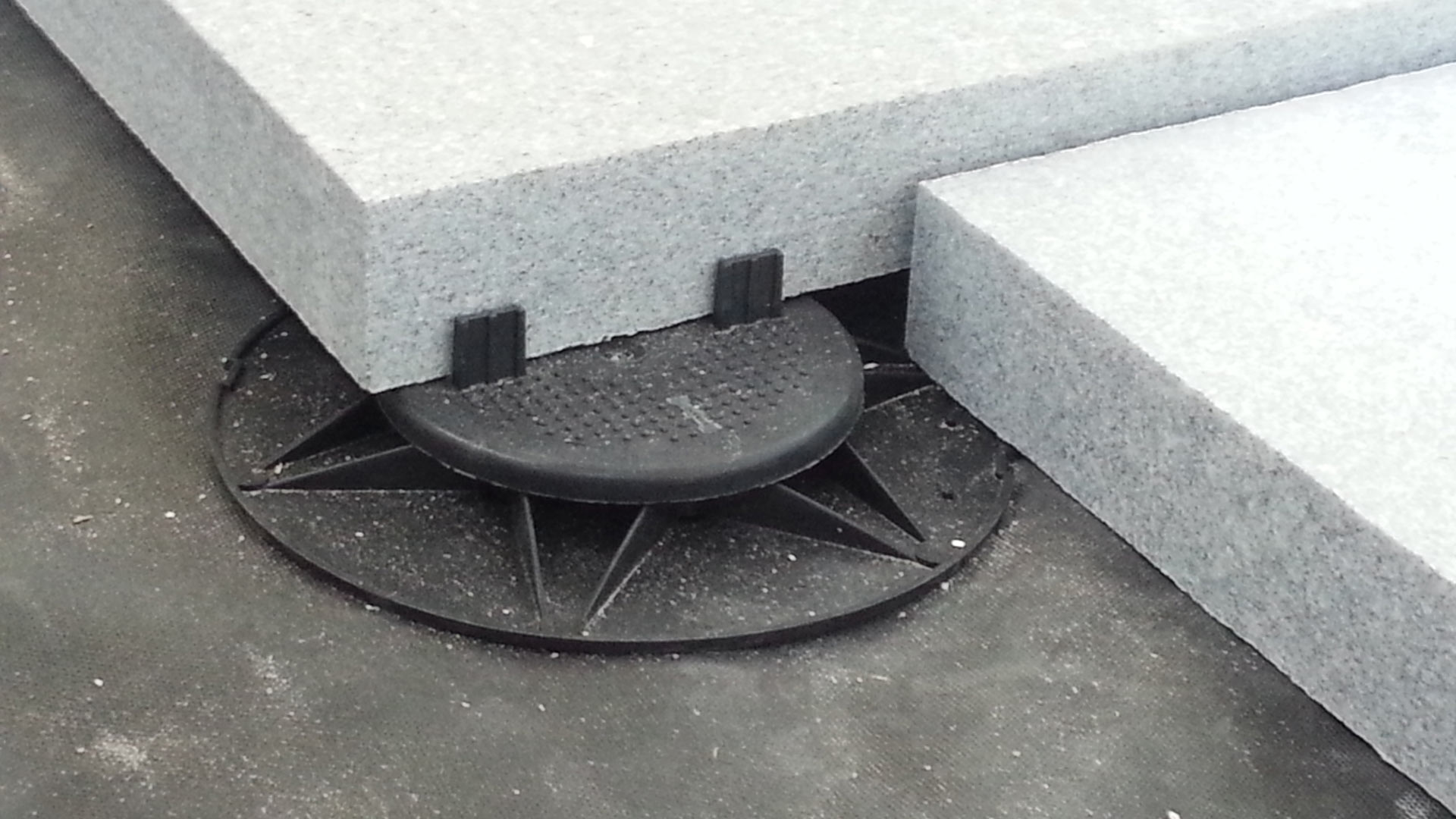Striding through the garden, Agamemnon Otero pauses to grasp some leaves. “This is salvia. This is rosemary. That’s thyme.” It is an icy December morning but the last of the kale and artichokes are still pushing through the earth and hops cling to their frames. There are beehives, hedgehog shelters and fruit trees. Earlier in the year there were carrots, tomatoes, squash, raspberries and sunflowers.
He isn’t deep in the countryside, but just a few meters away from the Overground rail track at Brondesbury Park, in north-west London. This station is one of 34 whose overgrown, dilapidated surrounding land Otero’s company, Energy Garden, has transformed into a biodiverse, productive garden powered by solar. A sign attached to a fence invites anyone to come in and water the plants with a solar powered hose.
Founded in 2012, Energy Garden is a world-first programme that has renovated more than 200,000 square metres of land – five times as many as New York’s famous High Line. Otero is now planning to scale to other cities, including Bristol, Newcastle and Salvador Bahia in Brazil.
“We need to have wild spaces and incredible ecosystems in urban ecosystems, that are green and beautiful, so that you want to live in a city because it’s just as healthy as the countryside,” he says. “There are 250 miles of track in London, and huge areas of trackside space are totally locked off. People spend weeks of their lives waiting on platforms. We make those spaces somewhere you want to be.”
People can take home fresh fruit and vegetables and pass time by weeding or watering the planters, beds or living walls. Volunteers from almost 200 community groups come down at weekends or in the evenings to plant bulbs or harvest. The gardens clean the air on the platforms, where particulate matter from braking trains is hazardous, and provide habitats for wildlife. Crops are turned into quiches, samosas and ale to be shared with local people and food banks. Energy Garden’s AQA-accredited youth training programme teaches 16-19-year-olds about renewable energy and community development. Thousands more children have visited the gardens to learn about biodiversity, solar power and how to finance, organise and market community energy projects.
For the full story, please click here.













